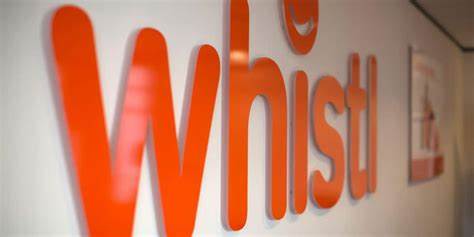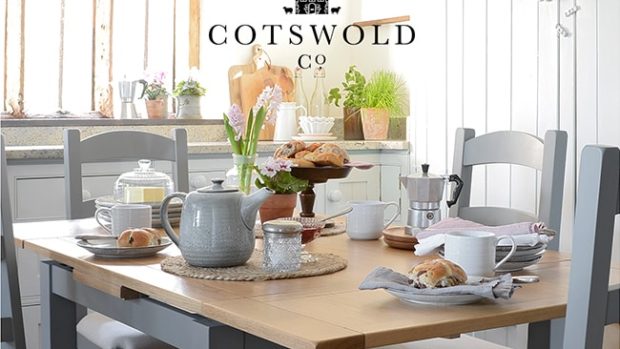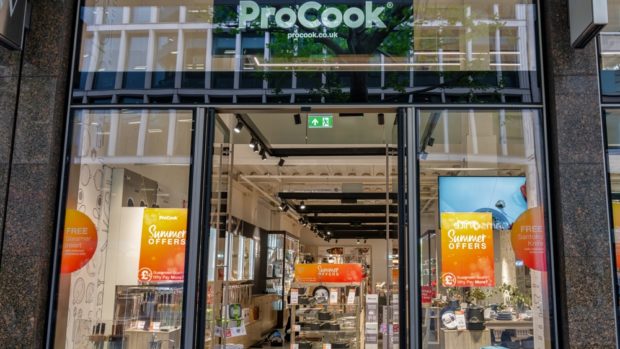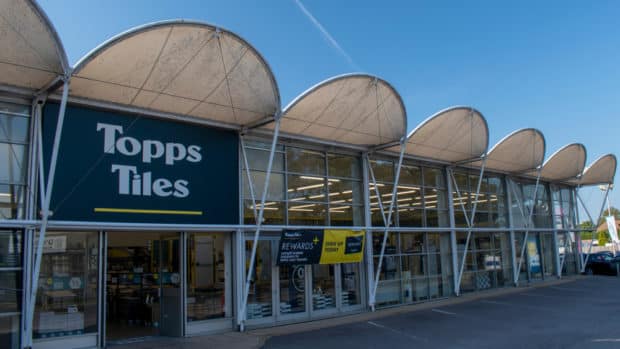Loyal customers are, of course, critical to the continued success
of a business. Three direct sellers have introduced formal
loyalty programmes in the hopes of increasing customer
retention-but this approach is not necessarily the most effective
way of encouraging loyalty.
Office supplies dealer group Integra released its 2009/10 retail
support programme, which for the first time includes a loyalty
card scheme designed to help members improve profitability.
Called the Privilege Business Club, the scheme includes a loyalty
card that gives members an additional incentive to further drive
sales of Integra’s own-brand “initiative” range.
Dealers will have an individual consultant to discuss card
details with, allowing Integra to tailor the benefits such as how
a dealer can earn and spend points.
In the consumer sector, Great Universal (GUS), part of Shop
Direct, launched its own loyalty programme. Great Universal’s
Rewards scheme pays customers cash back when they make a payment
toward their credit accounts. For basic members, 5 percent is
paid every time a customer makes a payment. If that customer
makes purchases during at least two consecutive seasons, he will
be upgraded to Gold or Platinum status and receive 7.5 or 10
percent cash back respectively.
EBay, meanwhile, has introduced a more exclusive programme. In an
email to an undisclosed number of customers, eBay promoted its
new Plus scheme. From July through September, eBay members can
earn points on qualifying purchases-motors and real estate sales,
for instance, are excluded. The points are then converted into a
money-off voucher to spend on any purchase in October.
EBay-related online forums have given the promotion a lukewarm
reception, given that a user would need to spend £100 to
receive £1 in vouchers.
One could argue that the eBay programme isn’t a true loyalty
scheme, as its time frame is very limited. And Stuart Evans,
general manager at loyalty marketing agency ICLP, warns against
regarding loyalty schemes as a quick fix to boost sales.
“It is possible for retailers to keep customers during a
recession. However, this is not achieved by using loyalty as a
‘bolt on’ to their business,” he says. “This is a
sure-fire way to lose money in the longer term.”
Evans suggests that instead of trying to increase loyalty by
focusing on cash-back rewards, GUS should try to increase market
share from its best customers by further emphasising service,
value, and benefits such as its flexible account options.
Integra, on the other hand, is competing in a price-sensitive
market, in which case it makes sense to offer rewards for bulk or
repeat purchases.
That said, Evans believes that rather than launching its own
scheme, Integra might be better off joining an existing programme
such as Nectar Business, where it could combine its
monetary-based offering with other business-to-business
incentives. This would enable Integra to gain access to a wider
customer base by sharing data with other participating
companies.
More than anything else, Evans says, businesses will increase
loyalty by getting to know their customers, capturing their data,
and marketing to them on a one-to-one basis. Price promotions
alone won’t increase loyalty.
“Even though it is trendy to be thrifty,” Evans says,
“by understanding what makes your customers tick, a
relationship will be more than just a short-term arrangement but
a long-term and loyal brand relationship.”








Share